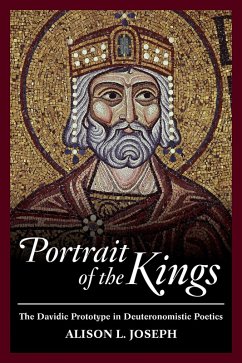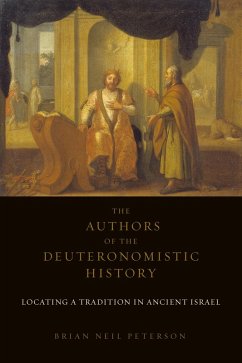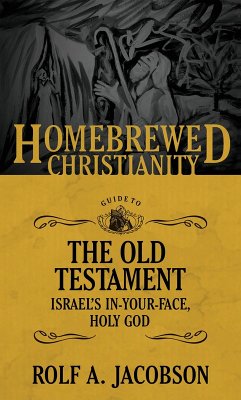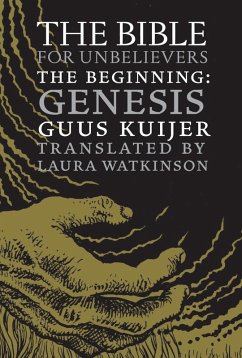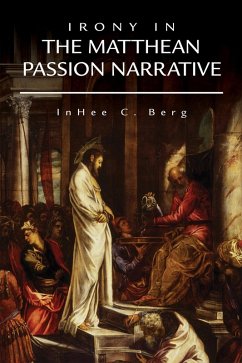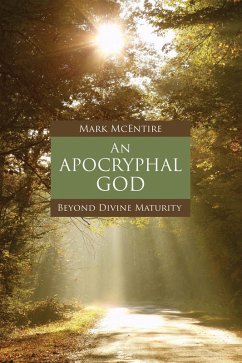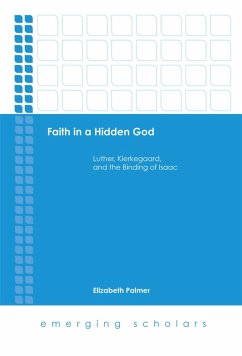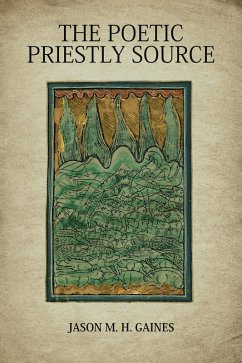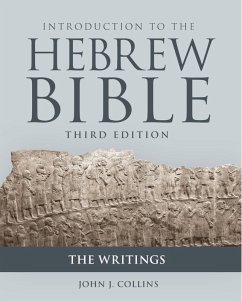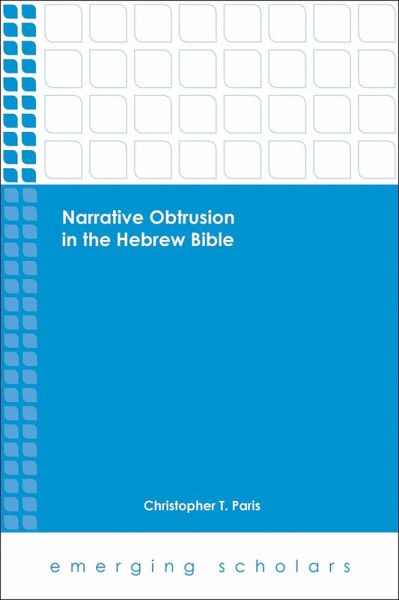
Narrative Obtrusion in the Hebrew Bible (eBook, ePUB)
Versandkostenfrei!
Sofort per Download lieferbar
29,95 €
inkl. MwSt.
Weitere Ausgaben:

PAYBACK Punkte
15 °P sammeln!
Narrative critics of the Hebrew Bible often describe the biblical narrators as "laconic," "terse," or "economical." The narrators generally remain in the background, allowing the story to proceed while relying on characters and dialogue to provide necessary information to readers. On those occasions when these narrators add notes to their stories, scholars may characterize such interruptions as "asides" or redactions.Christopher T. Paris calls attention to just these narrative interruptions, in which the story teller "breaks frame" to provide information about a character or even in order to d...
Narrative critics of the Hebrew Bible often describe the biblical narrators as "laconic," "terse," or "economical." The narrators generally remain in the background, allowing the story to proceed while relying on characters and dialogue to provide necessary information to readers. On those occasions when these narrators add notes to their stories, scholars may characterize such interruptions as "asides" or redactions.
Christopher T. Paris calls attention to just these narrative interruptions, in which the story teller "breaks frame" to provide information about a character or even in order to direct reader understanding and, Paris argues, to prevent undesirable construals or interpretations of the story.
Christopher T. Paris calls attention to just these narrative interruptions, in which the story teller "breaks frame" to provide information about a character or even in order to direct reader understanding and, Paris argues, to prevent undesirable construals or interpretations of the story.
Dieser Download kann aus rechtlichen Gründen nur mit Rechnungsadresse in A, B, BG, CY, CZ, D, DK, EW, E, FIN, F, GR, HR, H, IRL, I, LT, L, LR, M, NL, PL, P, R, S, SLO, SK ausgeliefert werden.




